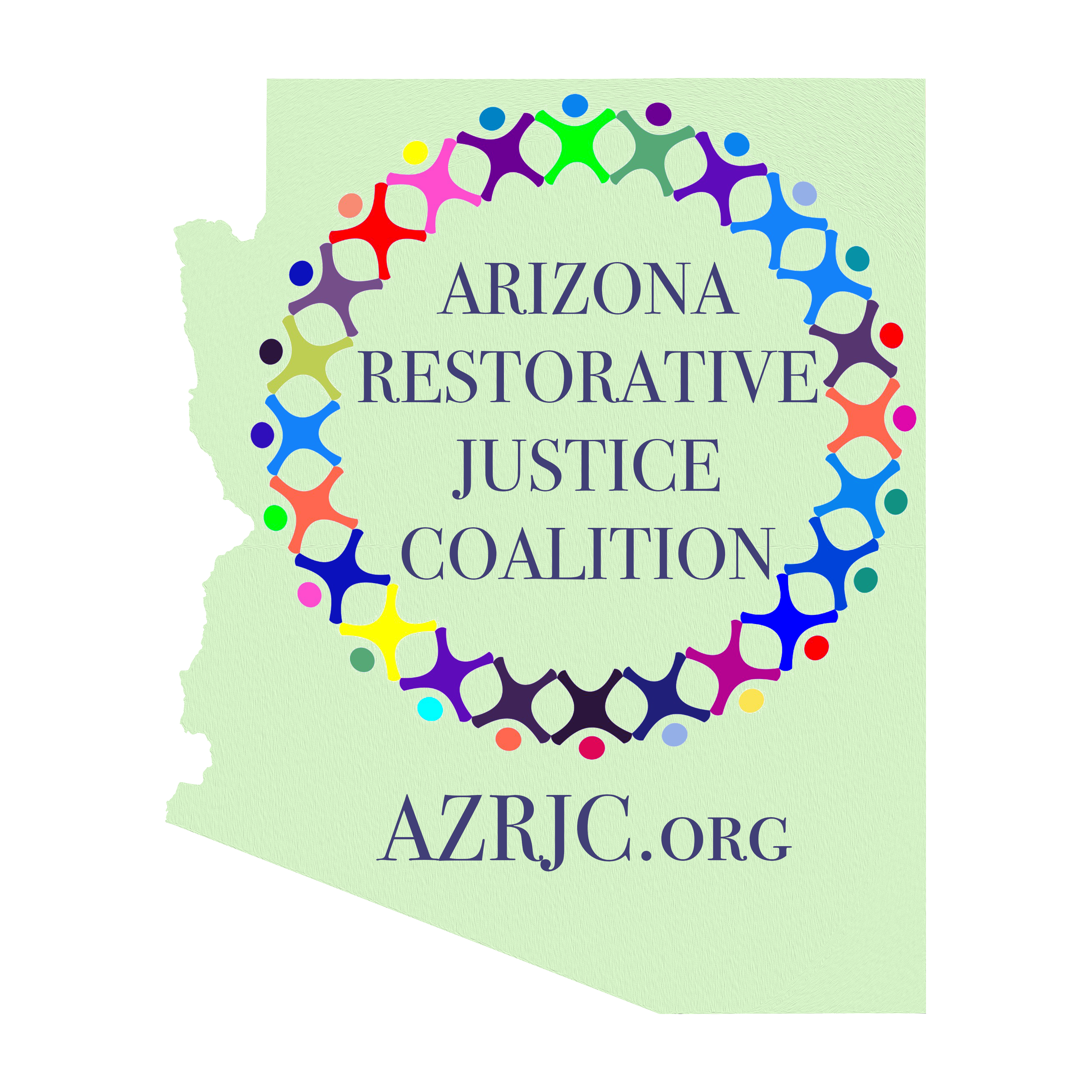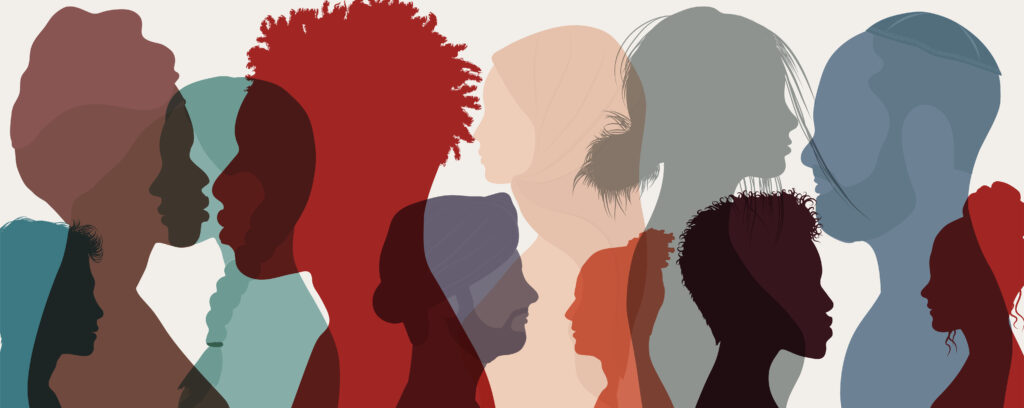
The Arizona Restorative Justice Coalition (AZRJC) invites you to join our statewide organization.
We welcome individuals, agencies, schools, businesses and more to join us in making
Arizona a safer place to live by addressing harm and promoting healing.
AZRJC holds monthly virtual meetings on the third Tuesday at noon.
To learn more, or to join AZRJC click the button below.
What is Restorative Justice?
Restorative Justice is a philosophy and a social movement that focuses on healing and rehabilitation. Our current Retributive Justice system, which focuses on punishment and considers the state to be the primary victim of crime, provides only passive roles for those who have been directly harmed and those causing that harm.
Our Vision for Arizona
The AZRJC envisions a world where justice is a moral and reasoned response to harm that is defined and implemented by the people who are directly impacted by each specific act of harm. To accomplish this, AZRJC’s mission is to bring autonomous Arizona community stakeholders together to explore and propose Restorative Justice policies that reform existing responses to harm and devise methods by which Restorative Justice practices may be implemented.
Our Objectives
Build a broad-based statewide coalition to:
- Identify the failures of traditional criminal justice policies to resolve conflict and respond to harms created by conflict
- Compile best restorative justice practices already in place in other jurisdictions, including juvenile and adult processes
- Collaborate with organizations in other jurisdictions to identify the challenges and barriers in developing and implementing Restorative Justice policies and learn how those challenges were overcome in those jurisdictions
- Educate the public, policy-makers, judges, lawyers, probation officers, and impacted communities about Restorative Justice principles and methods
- Develop broad stakeholder consensus on desirable Restorative Justice-oriented outcomes
- Draft model legislation, rules of criminal procedure, or other legal documents needed to implement Restorative Justice policies and methods at the municipal, county, state, and federal level
- Assist in community support for stakeholder capacity development to participate in restorative justice methods by identifying best practices for Restorative Justice methods:
- How to communicate with and respect the needs of harmed parties
- How to communicate with and respect the needs of persons causing harm
- How to communicate with and respect the needs of third-party stakeholders who are indirectly harmed
- Identify training programs
- Identify funding opportunities to permit organizational participation/facilitation of Restorative Justice methods

